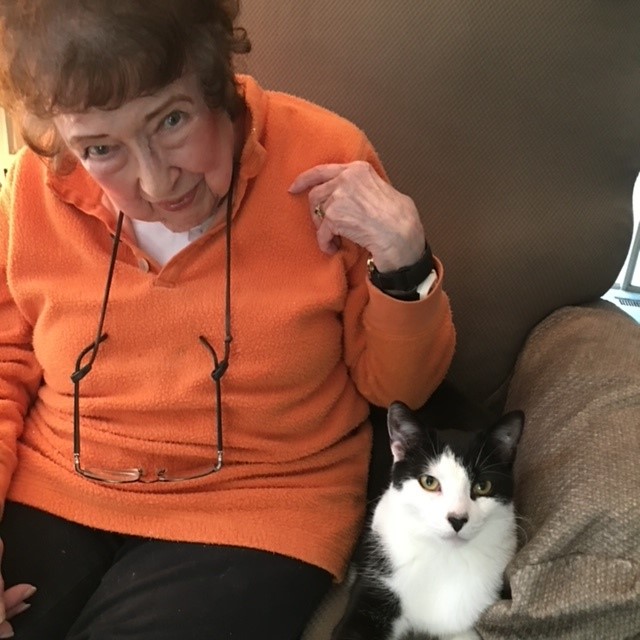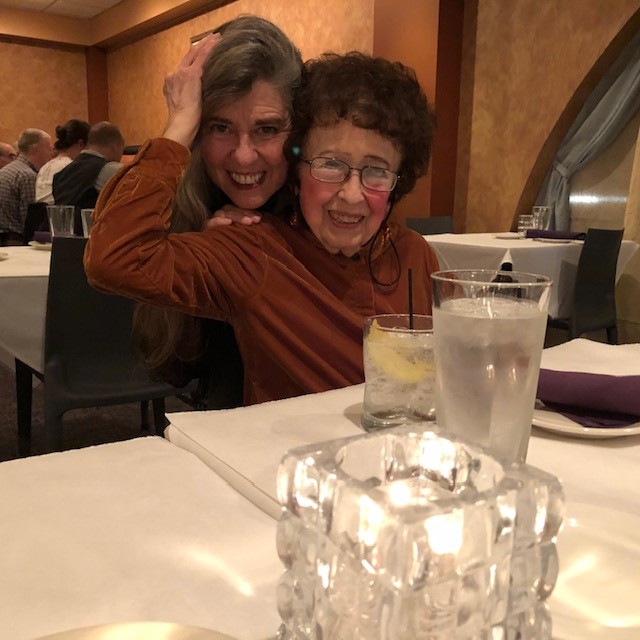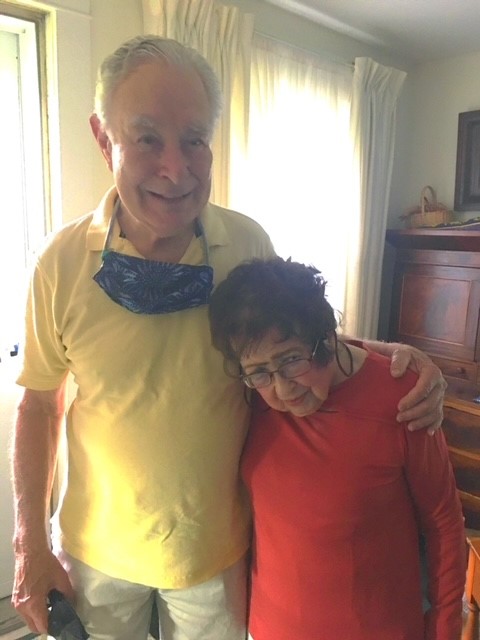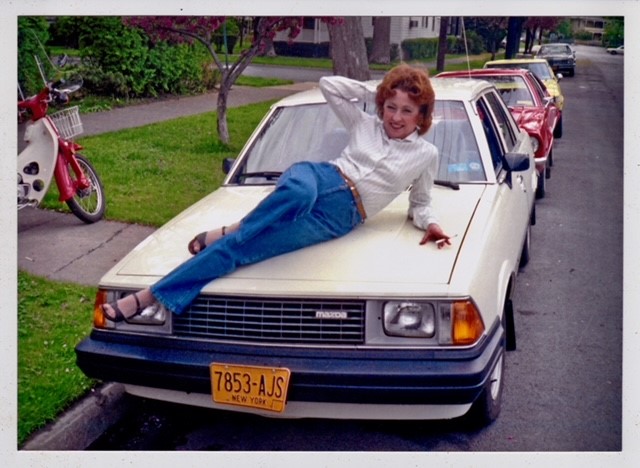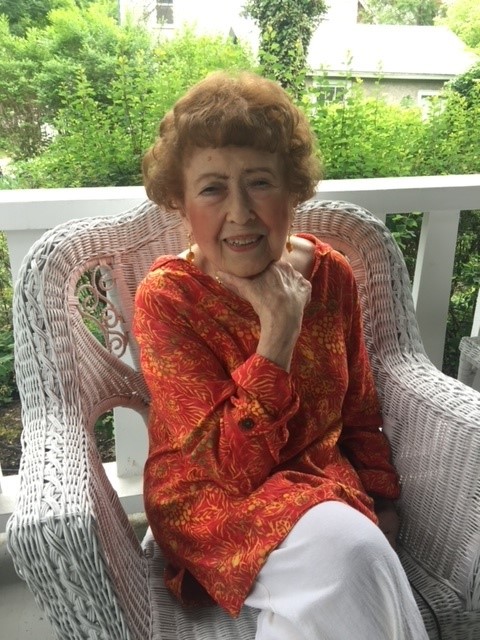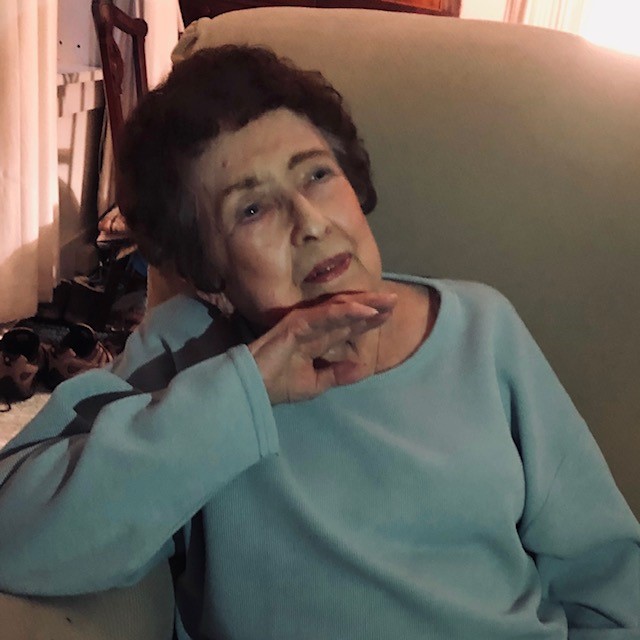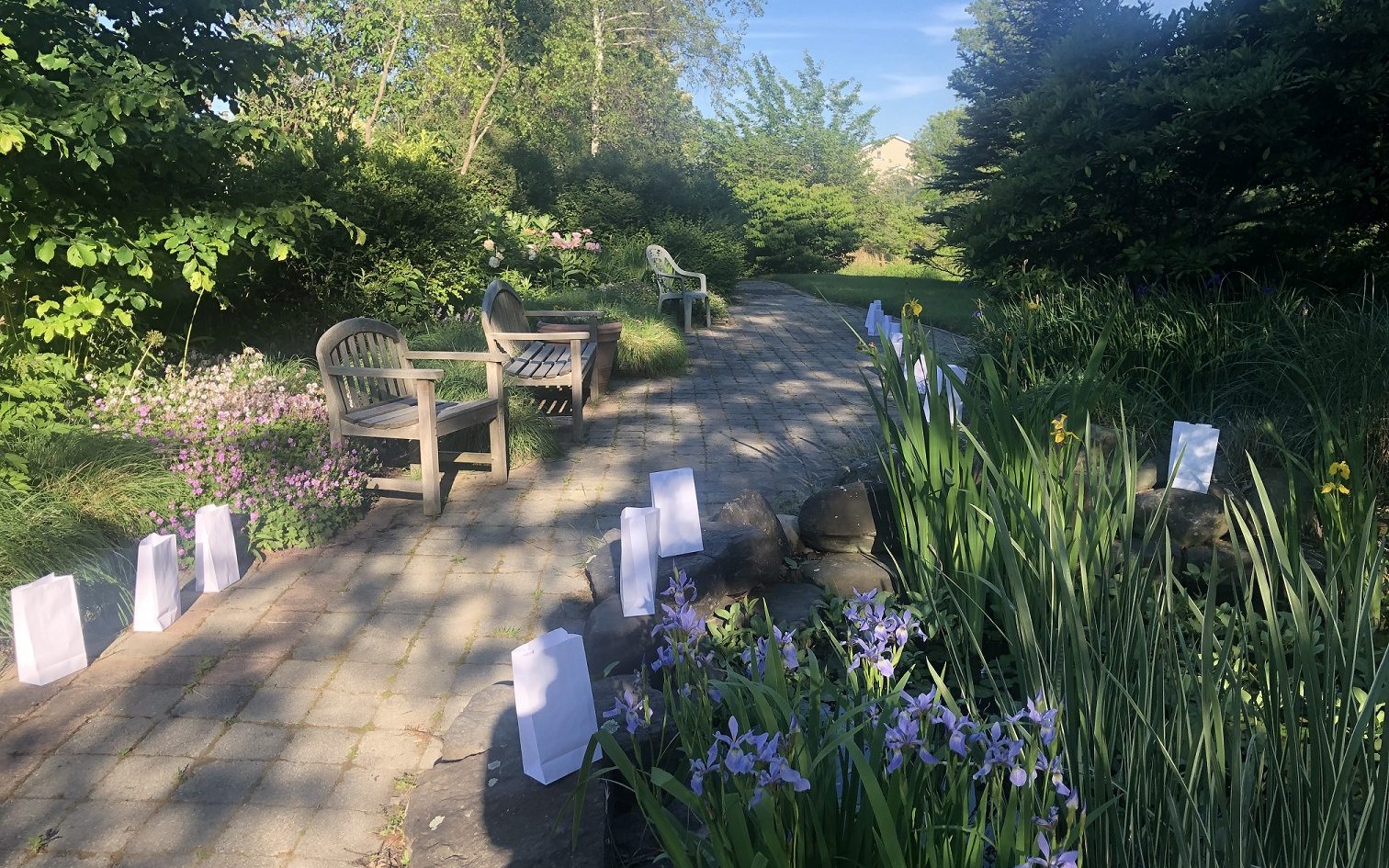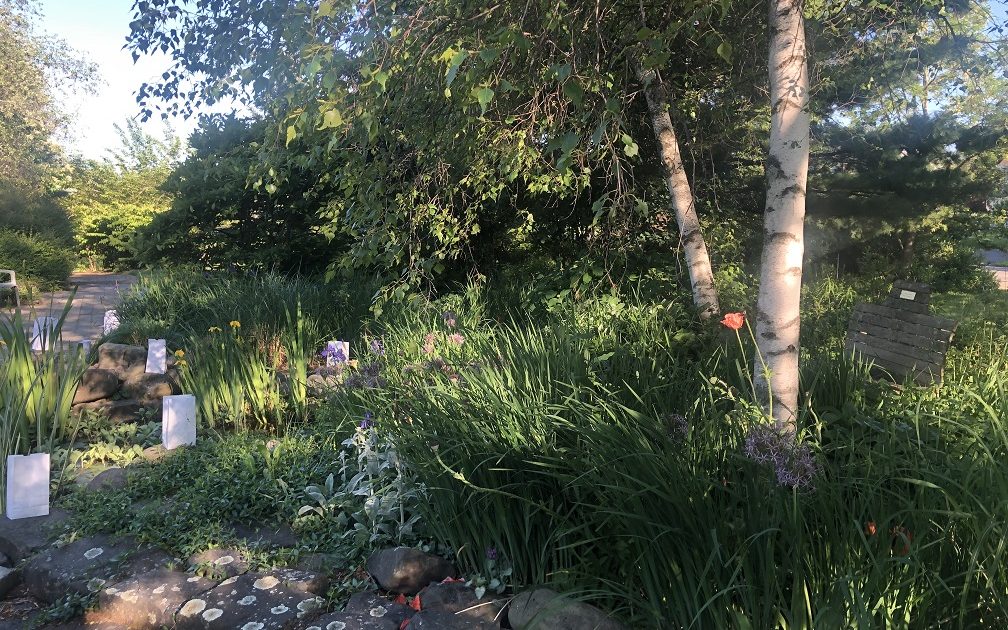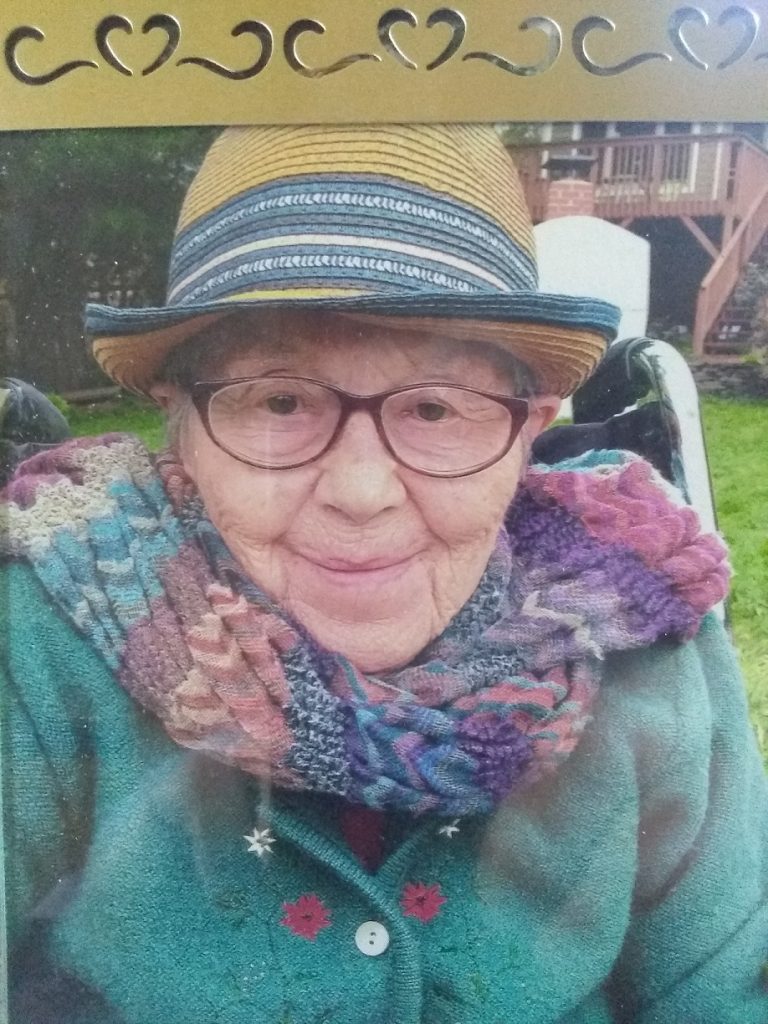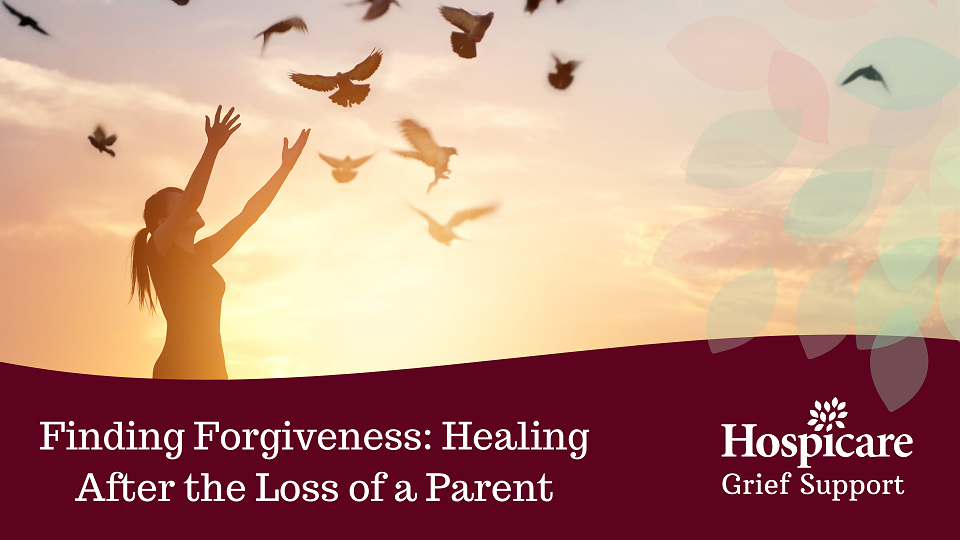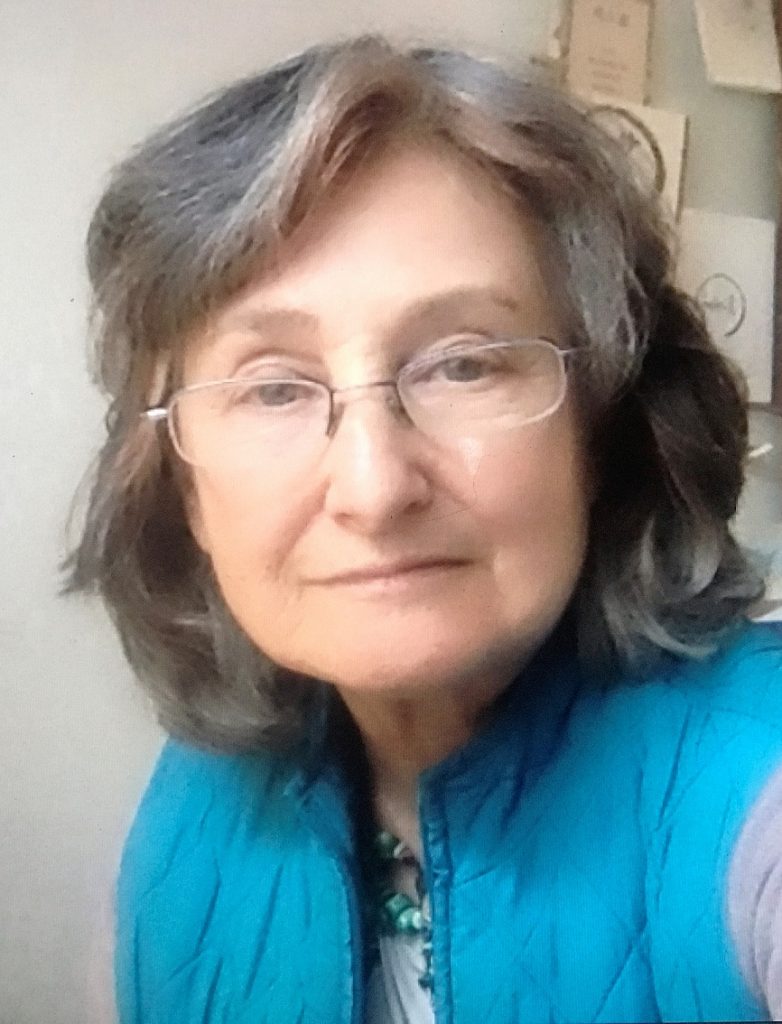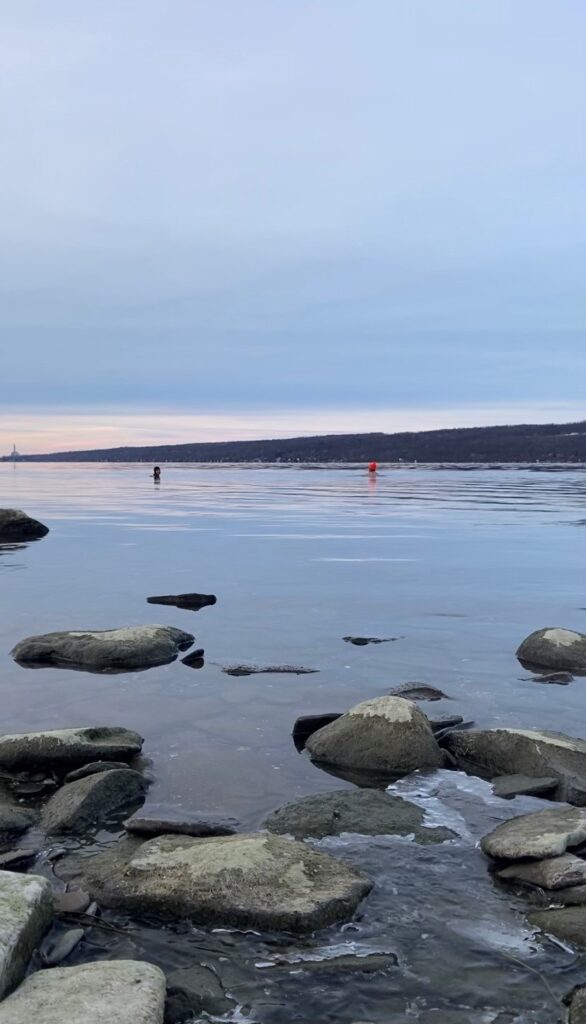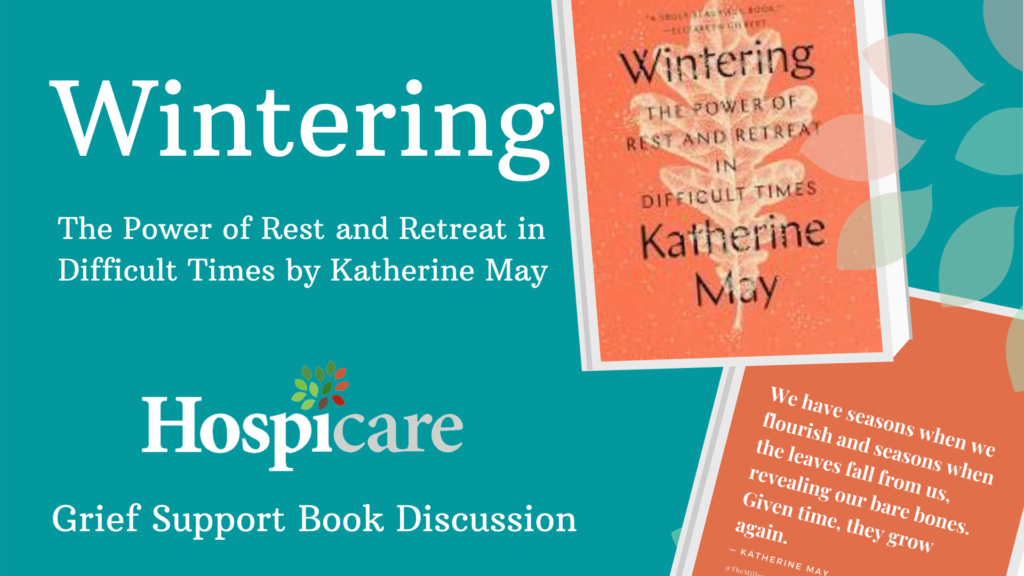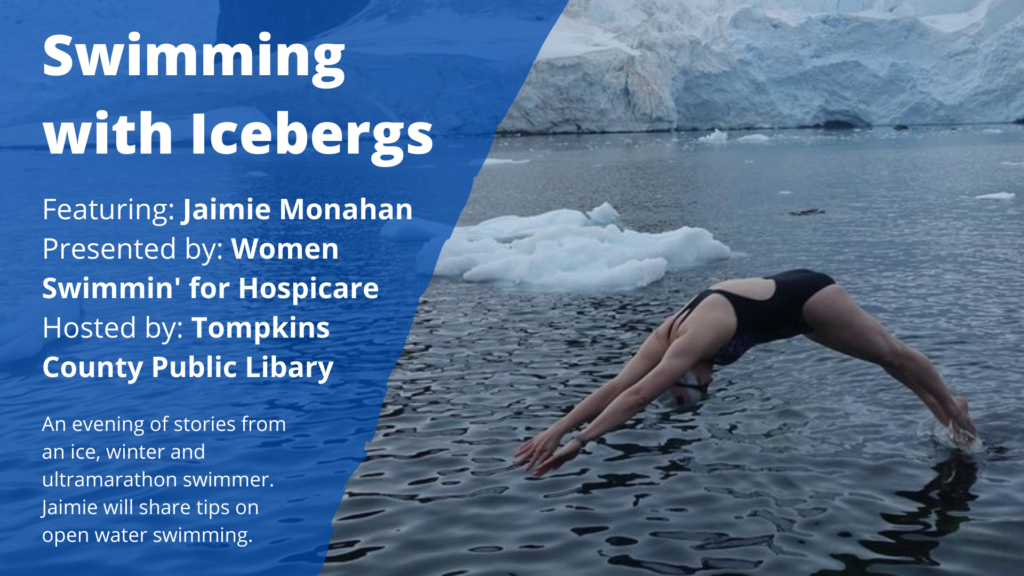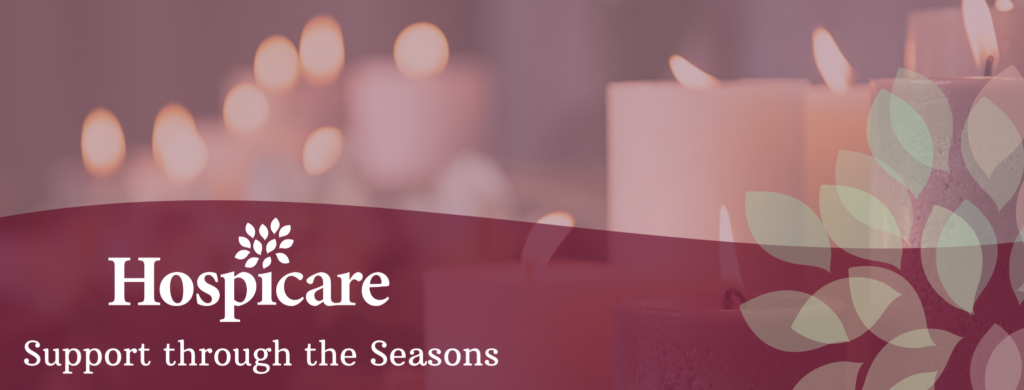By Jen Gabriel
It was a sunny spring afternoon and an unassuming envelope arrived in Hospicare’s mailbox. Inside, a generous check and a single piece of paper.
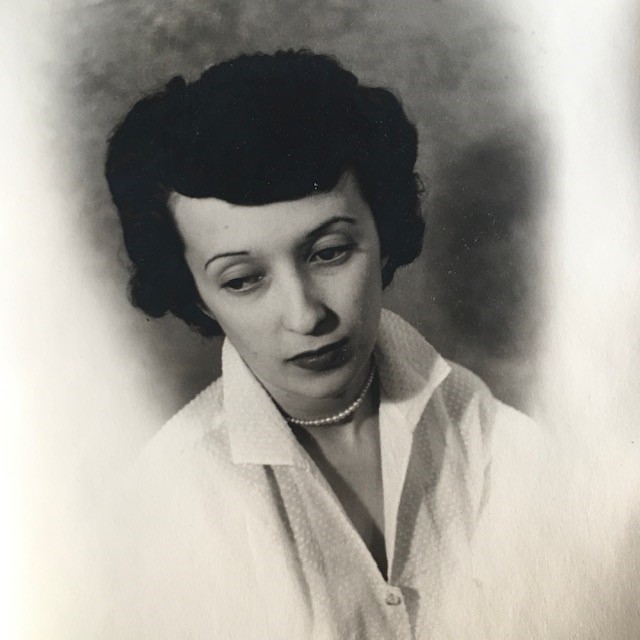
“To whom it may concern,” the letter began. “Enclosed please find my final donation. I have a terminal illness and will not be further donating to any organizations. Sincerely, Joyce McAlllister.”
Joyce’s friend and caregiver, Erin Quinn, said that this effort was Joyce’s way of saying goodbye to the dozens of nonprofit organizations she had supported.
“Joyce had a soft spot in her heart for nonprofits of all kinds,” Erin explained. “She made small gifts to them her whole life, and when it came time to prepare for her death, she wanted to be sure that her favorite charities knew why her giving would soon stop.”
In addition to supporting Hospicare and a handful of other local organizations, Joyce made gifts to many animal rescue organizations.
“Joyce always said, ‘everyone always cares about the elephants and the big cats, but no one ever thinks about the donkeys’,” Erin said, with a chuckle. “She loved her donkeys.”
Born in Ithaca in 1931, Joyce and her family lived on dairy farms in Groton, and later in Dryden. She graduated with an Ithaca College degree in drama, left the area to live in New York City for a few years, and returned to the Ithaca-area in 1960. It was then that Joyce began a 30-year career at Cornell University.
Joyce’s strong connection and affinity for Hospicare began in 2004, when the agency cared for her husband John, first at home, and then at the residence.
“Hospicare did everything right by Joyce,” Erin said. “She felt so supported and cared for, and that meant everything to her.”
After she retired, Joyce turned to poetry writing. She published her first book of poems at the age of 85. In fact, it was her 2004 experience with Hospicare that inspired her poem, “The Night You Died.” The poem expresses Joyce’s gratitude for the Hospicare nurse who had sung her husband’s favorite Irish tune with him in the moments before he died.
A copy of that special poem is below. Joyce’s third book of poetry, published posthumously, will be available for purchase later this year.
The Night You Died
Afterwards, they told me
how you sang your way
to death, head raised high
to catch your ever-thinning
breath, singing melodies you
learned in youth, forming
words you watched parade
across closed lids.
The Night Pat Murphy Died
sounded from your bed,
moved out the door, down
the hall; your soul followed
with a will, anxious now to
find that spot of green you
knew from birth was yours
to claim.
They said your voice was
resolute and unafraid,
an Irish tenor making
song to spend the leap
from finished life to
timeless death. Beside a
stone in County Cork,
ancestors perched
and waited.
